Jonathan Self: 'Tend your vines and crush the horror'
Jonathan Self has turned his eyes inward during social isolation – not just to his mental health, but to his garden.

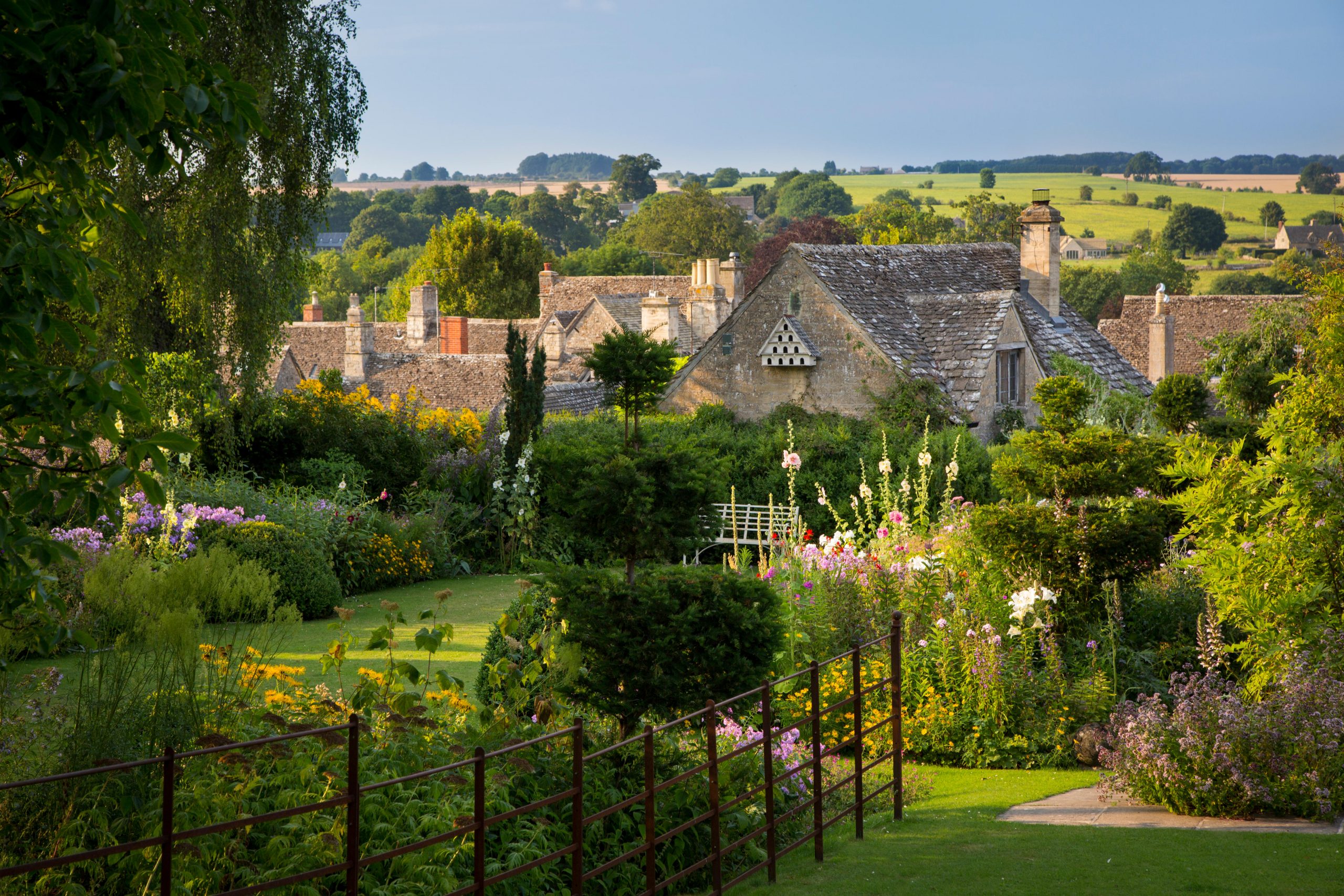
Exquisite houses, the beauty of Nature, and how to get the most from your life, straight to your inbox.
You are now subscribed
Your newsletter sign-up was successful
My hands are a sight. There is nothing to be done about the cuts or broken nails, of course, but I had thought that some vigorous scrubbing with a stiff brush would remove the black and green stains and return them to their normal hue.
It is all Voltaire’s fault. I was too lazy (and too dim) to read the great masters as a teenager, but, wishing to impress, spent many hours memorising their quotations.
Barely a day passed without my, in an Adrian Mole-esque way, slipping a badly pronounced ‘“Quae te dementia cepit!” as Virgil said,’ or a ‘Nietzsche put it well when he pointed out: “Tatsachen gibt es nicht, nur Interpretationen”’ into my conversation. Amazing, really, that I wasn’t beaten up at school more often.
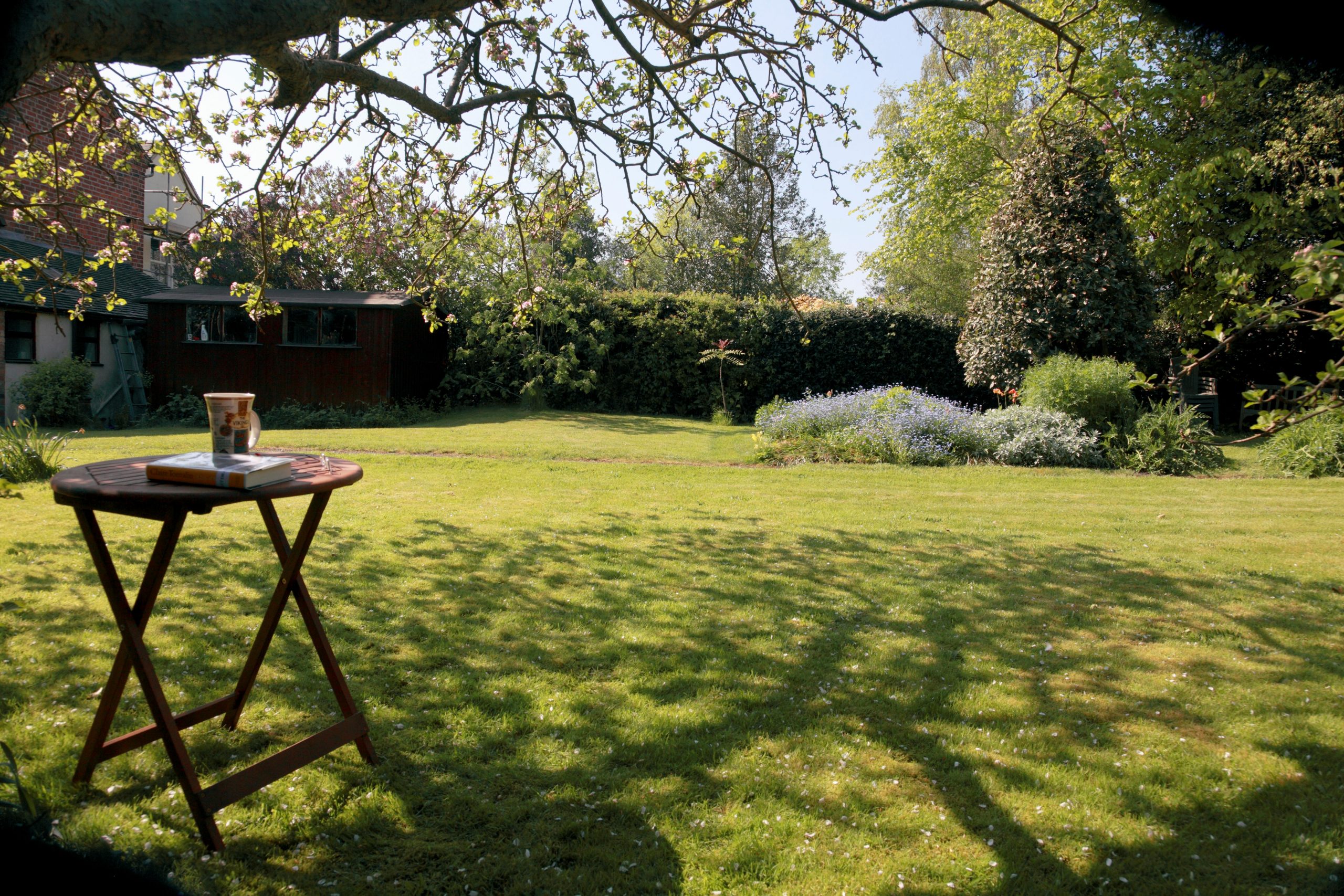
Anyway, for almost half a century I have been trotting out Voltaire’s Tout est pour le mieux dans le meilleur des mondes possibles (‘All is for the best in the best of all possible worlds’) every time something unpleasant occurs, under the impression that the great philosopher was an optimist. I did so again last week during a conversation with our postman about the dreadful news we are enduring at the moment. ‘Don’t you love Voltaire when he is being sarcastic?’ he replied.
Before the postman had got to the end of the drive, I was back in the house searching for Voltaire: A Very Short Introduction, which, when I purchased it a couple of years ago, had not proved quite short enough to hold my attention.
'It would be wrong to say that I have ruined my hands solely for the sake of future generation'
I will spare you the result of my research (the postman was right) and merely report that, when boning up on my Voltaire, I came across another of his quotations that gave me, given the current state of the world, pause for thought: ‘Life is bristling with thorns, and I know no other remedy than to cultivate one’s garden.’
This simple statement provided the perfect solution to my despondence – for I will confess that, despite my best efforts, the headlines have been getting me down of late – viz. to plant finally the sacred grove I have been planning for many years.
Exquisite houses, the beauty of Nature, and how to get the most from your life, straight to your inbox.
Sacred groves were created by ancient civilisations all over the world from India to North America. The Platonic Academy in ancient Athens was located in a sacred grove of olive trees and Genesis mentions that ‘Abraham planted a grove in Beersheba and called there on the name of God’. Here in Ireland, nemetons were stands of divine trees associated with druidic practice and, in the early law texts, there are severe punishments for cutting them down.
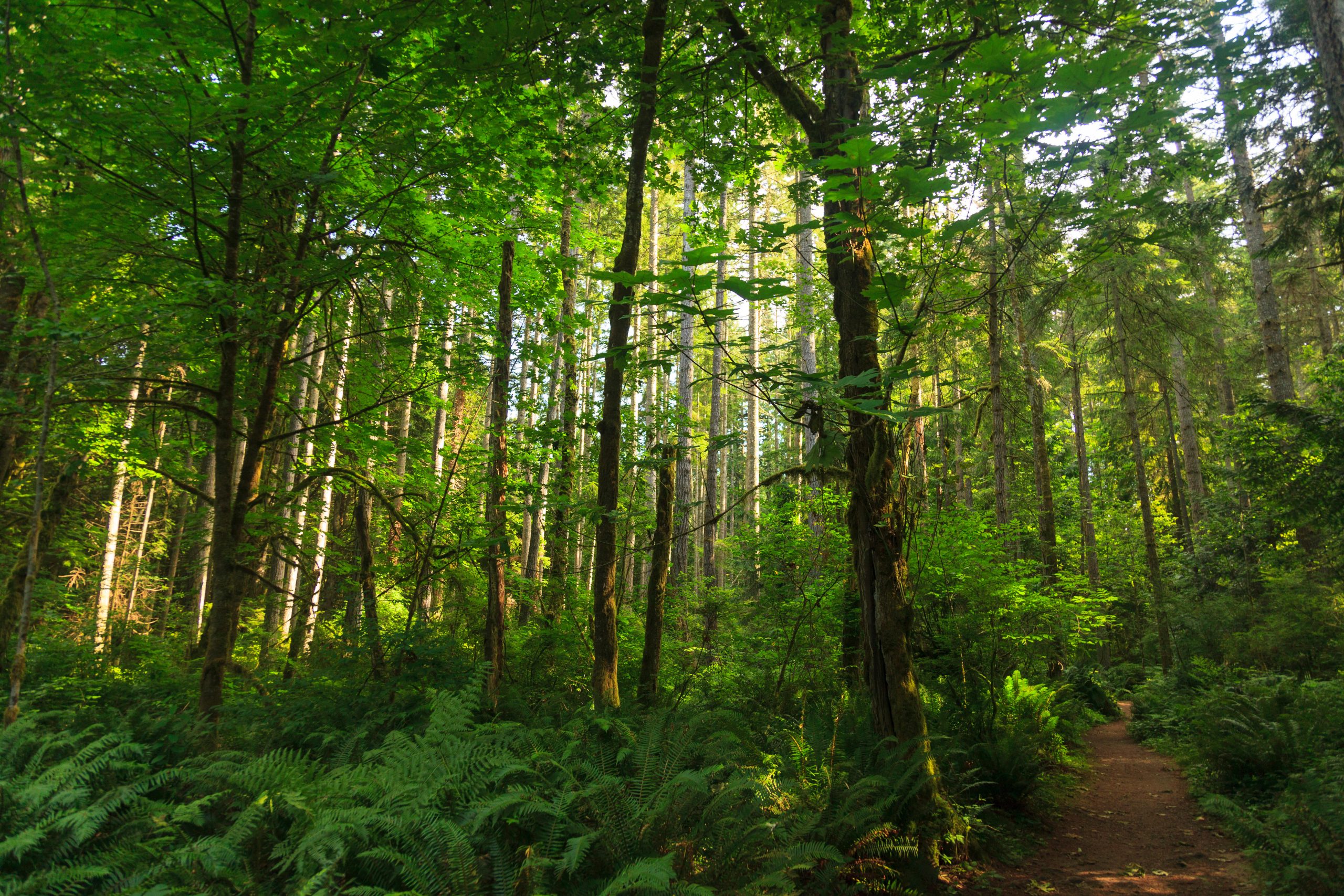
As I was waiting for my nursery to deliver the two dozen native trees I had ordered (supplied reluctantly because it is late in the season to be planting them and they will require a great deal of watering all summer if they are to survive), I started digging.
Let’s just say that there was more spadework required than I had anticipated. On the other (calloused) hand, there was great comfort to be had from the work. My sacred grove is located on a small hummock littered with the remains of an old stone building and will make an admirable place to contemplate the world – or to picnic – in about 2070.
It would be wrong to say that I have ruined my hands solely for the sake of future generations. Planting the trees has brought about considerable peace of mind. Voltaire must have felt the same way when he said: ‘Tend your vines and crush the horror.’
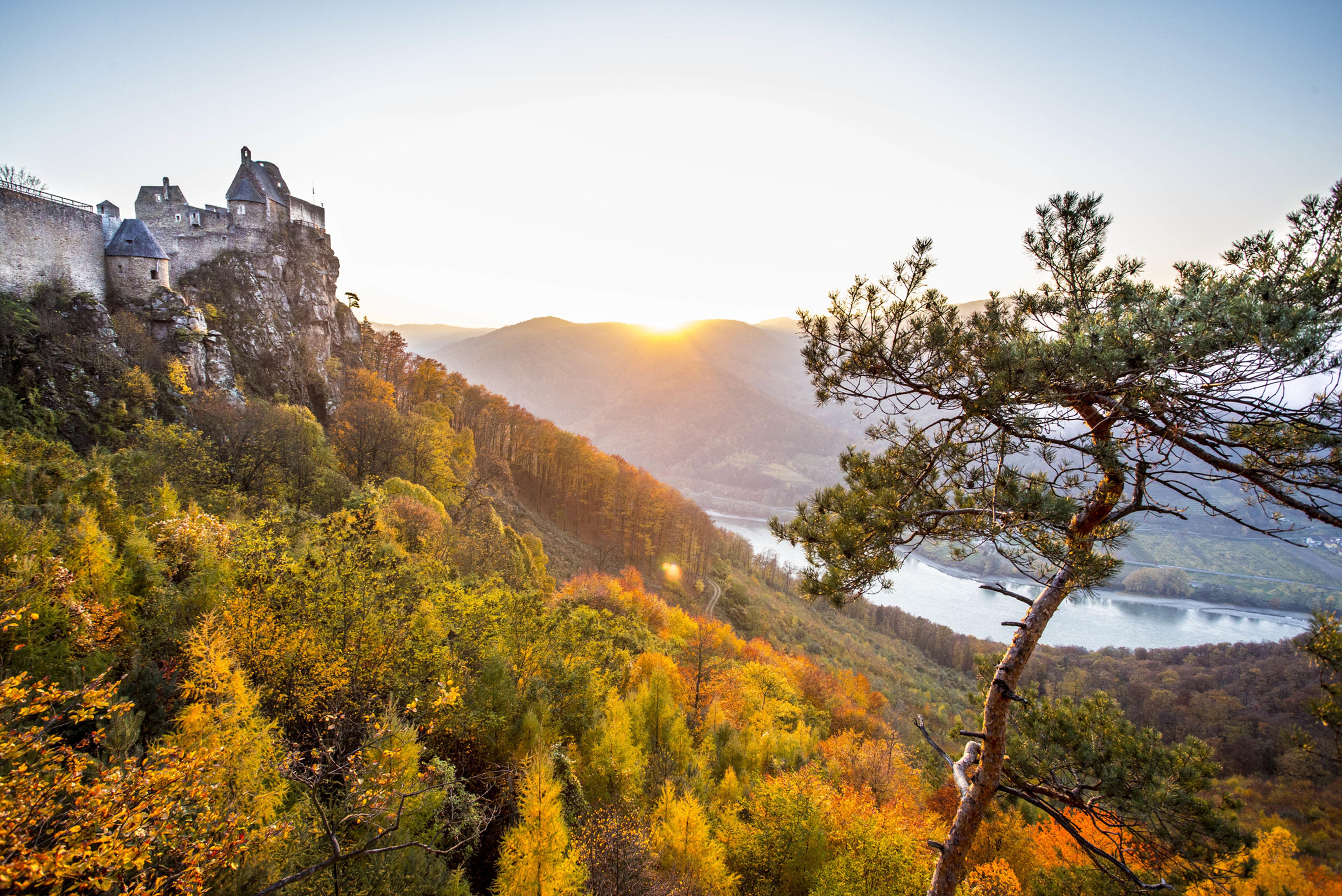
Jason Goodwin: 'Politicians need historians as much as kings need minstrels'
Jason Goodwin undertakes a family cycle ride along the Danube.

Credit: Alamy
Jason Goodwin: On wardrobes, spontaneous combustion and burning Vladimir Putin
Our columnist takes his life into his own hands by witnessing the ceremonial destruction of Russian premier Vladimir Putin.
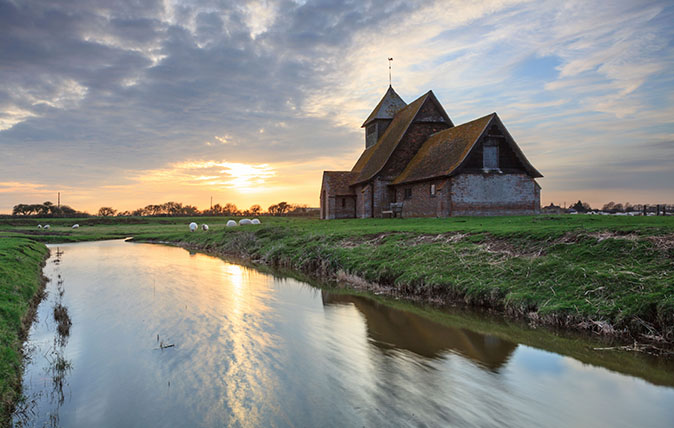
Jason Goodwin: 'On our watch, the natural glories of our island have been atrociously depleted'
Our columnist Jason Goodwin laments the staggering decline of British wildlife and the depletion of our island's natural glories.
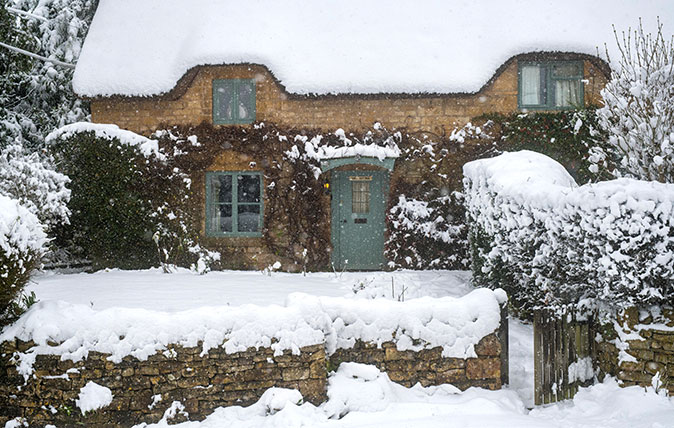
Credit: Tim Gainey / Alamy Stock Photo
Jason Goodwin: ‘The only sounds were the yawning of dogs, the spitting of logs in the fireplace and the occasional papery gulp of somebody turning a page’
Snowed in and without power, Jason Goodwin was left to live a medieval lifestyle that was rejuvenating and romantic... but

Jason Goodwin: ‘The washing-up is being done by a hulking fellow who, moments ago it seems, knelt on a chair at the kitchen table’
Jason Goodwin looks at his nearly-fully-grown children and wonders how it all came to this. (In a good way.)jas
After trying various jobs (farmer, hospital orderly, shop assistant, door-to-door salesman, art director, childminder and others beside) Jonathan Self became a writer. His work has appeared in a wide selection of publications including Country Life, Vanity Fair, You Magazine, The Guardian, The Daily Mail and The Daily Telegraph.
